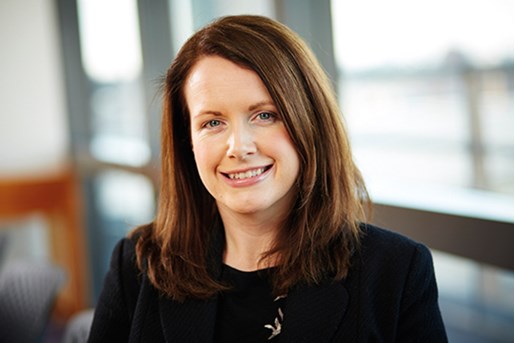As universities are called on to be flexible, the burden of SUPPORTing students rests on their shoulders.
Amid all the headlines and the criticism of all those who have contributed to this crisis, universities are trying to find a way forward and are left picking up the pieces. It’s a complex problem requiring a fine balance to be struck depending on individual institution’s resources.
For many, the lifting by the government of the cap on the number of students each institution can accept provides little relief. The resources available mean that courses were already fully subscribed with very little room for manoeuvre left. Institutions are also holding places pending appeals adding to the uncertainty for admissions. If we add into the mix social distancing and managing the safety and welfare concerns which accompany this year’s intake, universities have a real challenge on their hands.
The lowering of grades by the algorithm also affects the work done by universities to open up access and improve social mobility. It is commonly reported that those from more deprived areas have been disproportionately affected by the algorithm-generated grades. Although the use of centre-assessed grades will increase the number of higher grades by more accurately reflecting the ability of each individual student and should go some way to closing the gap between disadvantaged and privileged pupils, it will be too late for many to get into their first choice of university or even go to university at all this year.
Universities also have the pressure that there is an entire cohort of BTec students that have still not received their results and who will be looking for university places. With a further u-turn on the issuing of these results, how can students be reassured that places will be available to them when they eventually get their results and how can universities provide these places and this reassurance?
The question still remains: if schools don’t have faith in Ofqual or the DfE, how can universities? With COVID-19 set to have a significant impact on academic year 21/22 too, this can’t be a short-term or one-off fix. Some senior figures have called for a move away from the “gold standard” of A levels, but this is little comfort for this year's cohort.
We’re here to listen, share ideas and discuss your options. As a leading firm of lawyers recognised for innovation, we can work with you to find solutions and explore new ideas. Please get in touch with our team.





